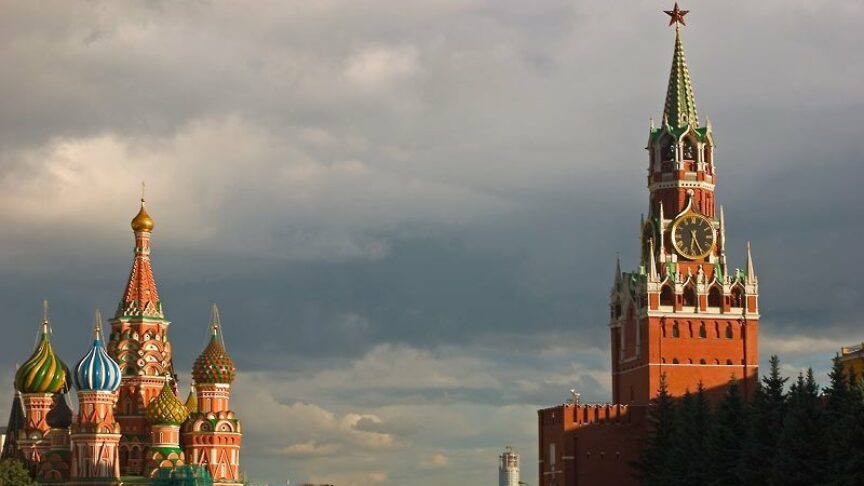For Washington, despite the announcements of Russian President Vladimir Putin, the use of nuclear weapons in Ukraine is not an immediate threat.
On Sunday evening, John Kirby, the spokesman for the National Security Council, said the United States had “no indication” that Russia had transferred nuclear weapons to Belarus, or even that President Vladimir Putin had the intention to use nuclear weapons in Ukraine.
He also stressed that nothing at this stage led the United States “to change (their) position in terms of strategic deterrence”.
On Saturday, Vladimir Putin announced that Russia would deploy “tactical” nuclear weapons in Belarus and that ten planes had already been equipped to be ready to use this kind of weaponry.
EU Threatens Belarus With New Sanctions
After the announcement, the West was quick to react. European diplomacy chief Josep Borrell warned on Sunday that the EU was “ready” to adopt new sanctions against Belarus if the country deployed Russian nuclear weapons on its territory.
“Belarus’s hosting of Russian nuclear weapons would constitute an irresponsible escalation and a threat to European security. Belarus can still stop this, it is its choice. The EU stands ready to respond with further sanctions.” , said Josep Borrell on Twitter.
“Russia’s nuclear rhetoric is dangerous and irresponsible,” NATO said on Sunday.
“NATO is vigilant and we are monitoring the situation closely,” said Alliance spokeswoman Oana Lungescu. “We have not seen any changes in Russia’s nuclear posture that would cause us to adjust ours,” she said.
If Belarus does not take a direct part in the conflict in Ukraine, Moscow has used its territory to lead its offensive on Kyiv in 2022 or to carry out strikes, according to the Ukrainian authorities.
Nuclear Weapons in Europe
Vladimir Putin justified the deployment of nuclear weapons in Belarus by the deployments of American weapons in Europe.
The United States stores nuclear weapons at bases in Belgium, Germany, Italy, the Netherlands and Turkey.
“Tactical” nuclear weapons are less powerful than “strategic” ones, but their effects remain deadly and unpredictable.
Mr. Putin assured that this deployment in Belarus would be done “without contravening our international agreements on nuclear non-proliferation”.
Uranium Shells
Vladimir Putin also motivated his decision by the United Kingdom’s desire to send depleted uranium munitions to Ukraine, as mentioned recently by a British official.
Mr. Putin threatened to also use this type of shell, used to pierce armor, if Kyiv were to receive any. He called this type of weapon shell among “the most dangerous” and which “generates what is called radiation dust”.
This article is originally published on fr.euronews.com









